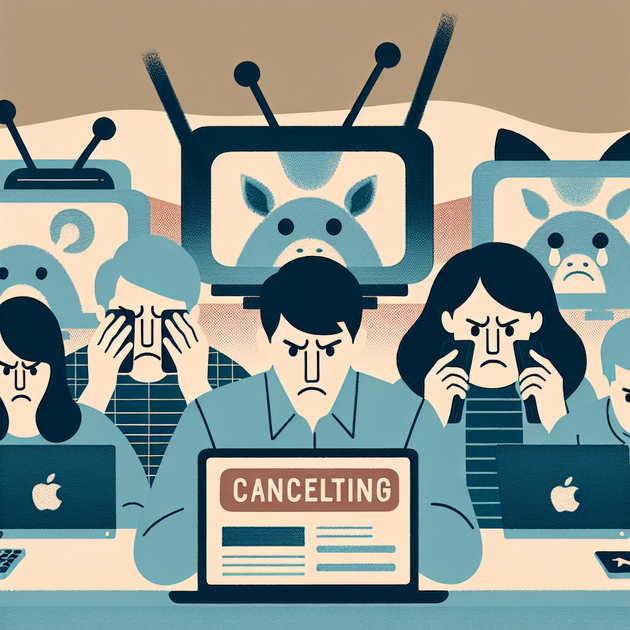Did Disney Really Lose 1.7 Million Subscribers in One Week?
Could one corporate decision really cause millions to hit the unsubscribe button? According to recent reports circulating online, Disney lost an eye-catching 1.7 million paid subscribers just one week after suspending popular TV host Jimmy Kimmel. That’s not just a slip—that’s a landslide in the world of streaming.
While numbers like these are rarely made public in such dramatic fashion, if true, this would mark one of the biggest single-week drops for any major streaming service in recent memory. It raises big questions about how fragile subscriber loyalty can be when companies make headlines for controversial decisions.
Why Did Disney Suspend Jimmy Kimmel?
Let’s back up for a second and look at what sparked this sudden loss of subscribers for Disney. The story started when Jimmy Kimmel—a long-running late-night host on ABC (owned by Disney)—was suspended following comments or actions (the specifics are still swirling in rumor).
Kimmel is no small name; he’s been part of American pop culture for decades and has a huge devoted audience. So when word got out that he’d been pulled off the air—even temporarily—fans weren’t exactly happy.
Some saw it as censorship or overreaction by the company; others felt it was justified depending on their perspective. But what mattered most to shareholders and execs is that millions of viewers apparently responded with their wallets and remote controls.
How Big Is Losing 1.7 Million Paid Subscribers for Disney?
Streaming numbers can be hard to keep track of, but losing 1.7 million paid accounts isn’t pocket change—not even for a giant like Disney+. That represents not just potential millions (or more) in monthly revenue losses but also dents the platform’s reputation as a steady leader in the entertainment wars.
Here’s what makes such a drop significant:
- Revenue Impact: Even at $8/month per account, that adds up to over $13 million monthly loss.
- Brand Reputation: A visible subscriber exodus can shake investor confidence and attract negative press.
- Market Position: Rivals like Netflix and Amazon Prime are always looking to scoop up dissatisfied customers.
- Cultural Influence: Losing millions of viewers means less impact on trending shows and media buzz.
This kind of shift also signals to other streamers that audiences are paying close attention—and ready to bolt if they’re unhappy with management decisions.
The Ripple Effect: Streaming Loyalty and Controversy
Back when Netflix first raised its prices years ago (remember “Qwikster”?), there was an uproar—and millions canceled their plans overnight. Most eventually returned when new shows dropped or deals sweetened the pot again.
The lesson is clear: subscriber loyalty isn’t set in stone anymore. Whether it’s about pricing, content changes, or headline-making controversies like the Kimmel suspension, people now have more power than ever to vote with their subscriptions.
One friend told me she canceled her family’s subscription “out of protest” even though her kids love certain shows—she felt like sending a message was more important than convenience (at least for now). That kind of emotional reaction can ripple through social circles and online chatter fast.
What Does This Mean for Streaming Giants Like Disney?
For platforms like Disney+, this event is a wake-up call about how quickly things can change in today’s media landscape.
Companies used to think big stars would guarantee steady crowds; now even slight missteps can trigger mass cancellations if fans feel strongly enough about an issue—or just want to make some noise on social media.
Streaming giants are learning (sometimes the hard way) that transparency and listening to customers matter as much as blockbuster content libraries.
So where do you stand? Would you ever cancel your favorite streaming service over something like this—or do you think these waves always settle down fast? Let us know your thoughts below!

Leave a Reply